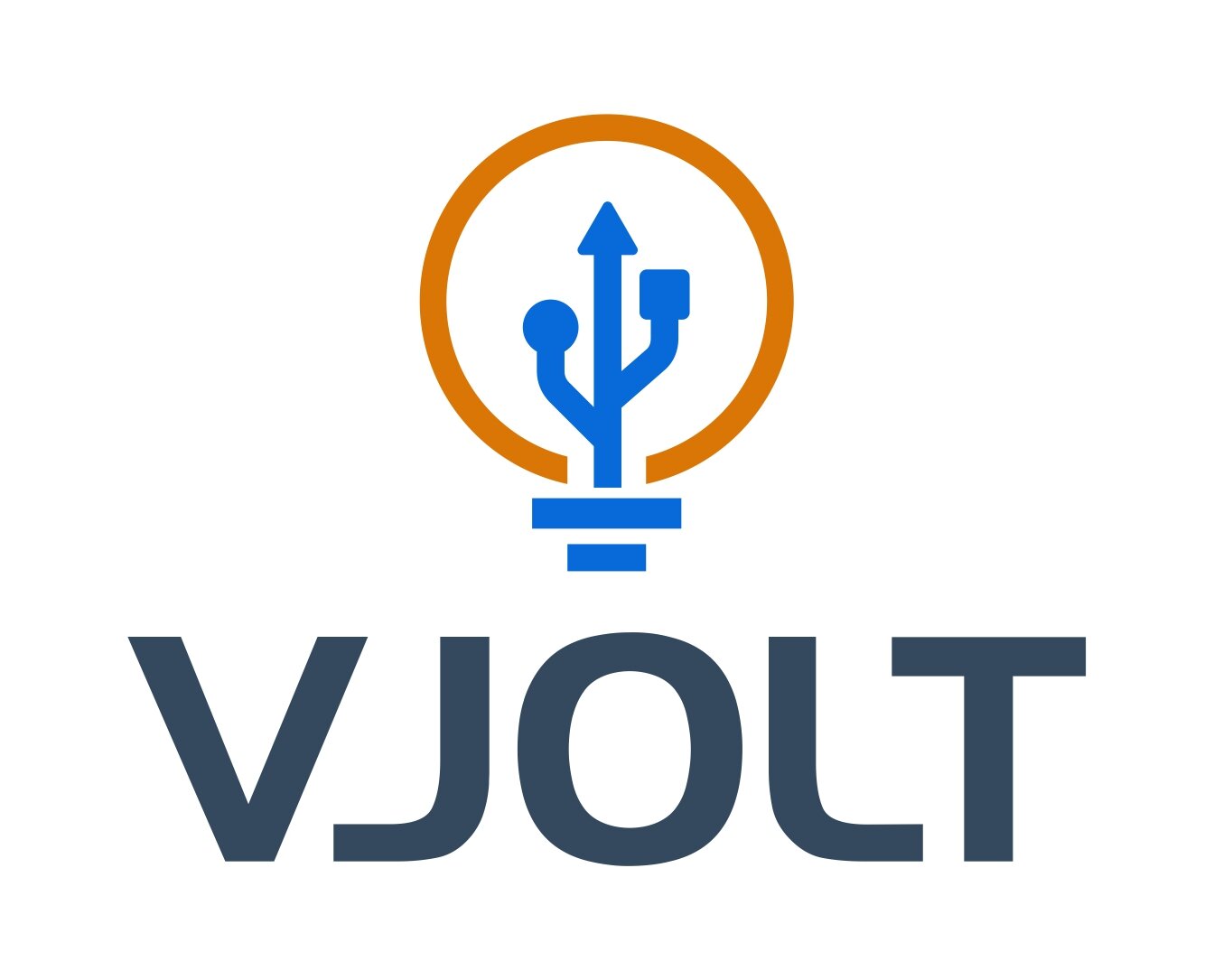April 22, 2024
This Article argues that we should look beyond the traditional oversight players—congressional committees, the judiciary, the media—and consider how oversight from within the executive branch may prove a better match for checking against government overreach, misuse, and abuse of zero-day vulnerabilities.
By AMY C. GAUDION
April 3, 2024
Wilson’s research outlines various attempts throughout history to govern nonhumans and thus subject them to the constraints of law, which range from humanity’s absurd practice of putting animals and objects on trial to the modern discourse of algorithmic disgorgement.
By DAVID W. WILSON
Jan. 8, 2024
In terms of enforcement, the GDPR’s rights-based approach appears to offer a much clearer path to imposing penalties on AI system operators than does the proposed EU AI Act’s risk-based approach.
By JOSEPHINE WOLFF, WILLIAM LEHR, & CHRISTOPHER S. YOO
Oct. 13, 2023
An alternative perspective of analysis to the conduct consisting of the excessive collection, combination, and processing of data, using the example of the German Antitrust case against Meta.
By ANDRES CALDERON & PIERO MALCA
Sept. 10, 2023
The unique technical features of blockchain networks make the possibility for productive self-regulation to benefit retail consumers greater than skeptics make it out to be.
By ERIC ALSTON
Aug. 30, 2023
Developing uniform private international law rules for NFT-related disputes is the most feasible and efficient solution for this modern digital age.
By TOLULOPE FALOKUN






